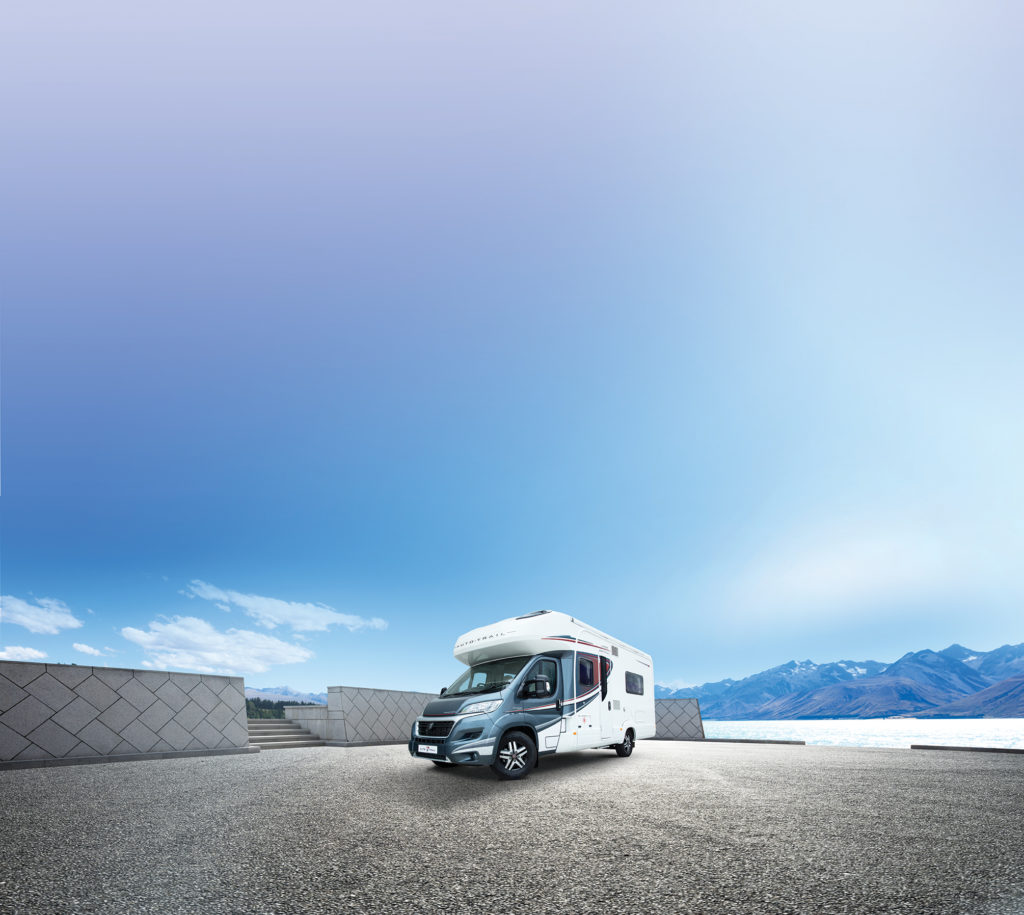Guide: How to Buy a Motorhome That Is Perfect for You
Home is where the heart is. The beauty of a home on wheels is that your home can be wherever you choose to be at any given time. That makes it ideal for those with wastnderlust and who long to escape the drudgery of everyday life.
It is now estimated that there are well over two hundred thousand campervans and motorhomes on Britain’s roads. If you want to be part of the scene, here’s what you need to know so that you buy a motorhome that suits your lifestyle.

Things to Consider Before You Buy
You may already be sold on the many benefits of buying a motorhome. But there are a few things think about first.
Let’s say you passed your UK driving test on or after January 1st, 1997. If you haven’t taken an additional test, you’ll only legally be allowed to drive a vehicle with a maximum weight of three and a half thousand kilos.
You could consider taking an additional test. If you passed this, it would give you the same entitlement as licences obtained before January 1st, 1997. You would then be able to drive a vehicle up to seven and a half tonnes.
Also note, larger motorhomes with an unladen weight of more than 3.05 tonnes must stick to a lower speed limit on single and dual carriageways.
If you’ve never driven a motorhome before, you should consider going on a motorhome manoeuvring course. These courses are ideal for beginners.
Size Matters
You’ll need to consider what kind of space you have to park your motorhome. It’s also worth bearing in mind that ferry companies tend to charge by length. That means the longer your motorhome, the more you’ll pay.
You will also need to consider who is going to be travelling in the motorhome. If you’ll be taking the kids, they must travel in seats with proper seatbelts. Many motorhomes are aimed at couples so they don’t always have extra seats.
Some people prefer compact campervans which are less than six metres long and have an elevating roof. These allow for easy everyday use. They’ll fit in a regular car park space and under most car park barriers.
Types of Motorhome
Here are some of the most common motorhome classes. You shouldn’t be afraid to try before you buy.
Campervans
Traditionally, most people think of these as having an elevating roof. Some define them by whether they have a washroom or not. Conversions of larger panel vans are also often referred to as campervans.
Coachbuilt
This is probably the most popular build of motorhome. Coachbuilt motorhomes are built on a chassis cab and they retain the front cab. They are usually wider and better insulated than a panel van conversion.
Overcab
The coachbuilt body of these motorhomes continues over the vehicle’s cab, usually with space for a bed or storage. Popular they may be, but they use more fuel due to their aerodynamics.
A-Class
These are considered the most prestigious style of motorhome. They have a complete body built over the chassis and mechanics. Most have the same engine as a coachbuilt, but without the cab or dashboard.
Onboard Facilities
This is where budget and financing come into play. There’s a vast choice of interior layouts for motorhomes, depending on how much you want to spend. Some have double beds that lower from the roof over the front seating area, for example.
Others have beds which fold in half to create space for storing bicycles and other large items.
If having your own washroom and shower is a priority, you’ll probably want something bigger than a standard campervan.
Things to Check Before You Buy a Motorhome
If you’re buying a second-hand motorhome, you’ll need to check for wear and tear and any obvious damage.
Make sure the seller has receipts from when they originally purchased the motorhome. Check the service history, door locks, windows, and VIN (Vehicle Identification Number).
Check the registration details and if there are any outstanding credit issues.
Damp can be expensive to repair. Take a damp meter with you when you’re inspecting the vehicle or, better still, get the motorhome checked professionally.
Common places to find signs of damp are around the front windows, roof lights, TV aerials, and in the corners of the motorhome.
Electrics and Security
Make sure the heating and cooling system, the electrics, and large appliances have been serviced. Ask to see any warranties.
Find out if the motorhome has features such as additional door locks, tracker devices, and any other security accessories. These offer sensible precautions and can also mean lower insurance premiums.
Check the tyres too. Tyres should not be more than five years old and definitely no more than seven. They will have significantly deteriorated by then regardless of the tread depth or amount of use.
Storing Your Motorhome
Your insurer will want to know where you intend to store your vehicle when you’re not using it.
You may intend to use a local storage site. If so, the site should be registered with the Caravan Storage Site Owners’ Association (CaSSOA).
If you’re planning to keep your vehicle at home, check that there are no restrictions prohibiting you from doing so.
Different Levels of luxury
Most motorhomes come with a minimum of a mains hook-up, heating system, cooker and fridge, as well as fresh and waste water containers.
Some will feature larger fridges, bigger ovens, and more luxurious fixtures and fittings. Others may be fitted with front sunroofs and upgraded heating systems.
Set off on Your Big Adventure
When you buy a motorhome, you’ll have the freedom to go anywhere that tickles your fancy. You’ll also be part of a growing community of people who share your love of adventure.
Are you approaching retirement? Read here for some key benefits of motorhome living for retirees.
Are you a young professional tired of paying rent? Read Living in a Motorhome: 9 Benefits of Mobile Living for Young People
Get a Quote
payments of
Cash price £15,000, deposit £0, total amount of credit £15,000, term 7 years, 84 monthly payments of £244.99, on a hire purchase agreement, option to purchase fee £1, total amount payable £20,578.77, representative APR 9.9%, rate of interest 9.9% fixed.
Rates may differ as they are dependent on individual circumstances. Subject to status.

